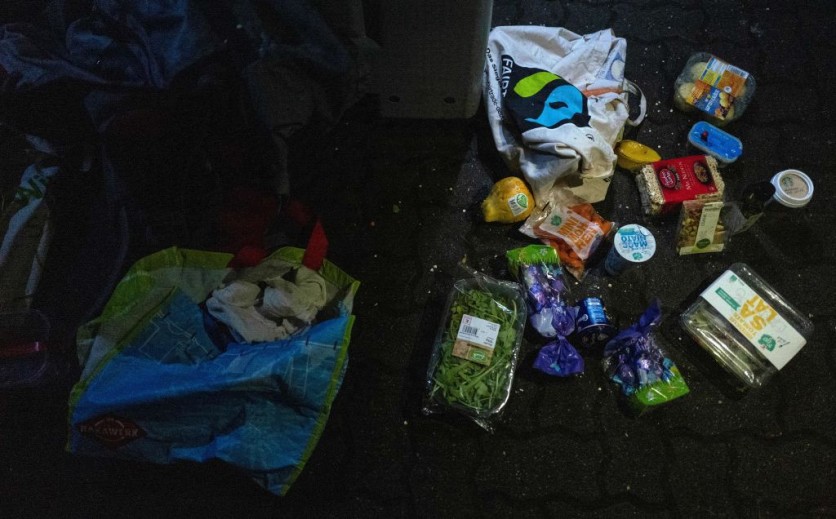Aravita, a Brazilian artificial intelligence company, is developing an AI-powered solution for supermarkets to control food waste, as reported by TechCrunch.

The AI solution will look into important variables, such as climate, seasonality, consumer behavior, and economic scenario, that will help supermarkets manage the purchasing of fresh food. As a result, this can help reduce lost sales and surplus items. At the same time, the AI solution will increase the availability of items in demand.
Why Supermarkets?
The reason Aravita is targeting supermarkets is because it is a good place to drive the first wedge of data availability due to their point-of-sale consumer data. This data is necessary to start making predictions for low-demand forecasting.
The AI-powered solution is still in the very early stages with a conceptual prototype. Still, they have started a pilot with a mid-sized supermarket chain near São Paulo and have the first set of algorithms developed. The company is also in the process of integrating the first database of historical data into that model.
The first pilot of the AI-powered solution didn't come easy because the company had a hard time raising money and hiring people. Fortunately, the company reached out to investors and was able to secure a $2.5 million investment earlier this year that is co-led by Qualcomm Ventures and 17Sigma.
The Next Steps
The next steps of the AI-powered solution in the next few months will involve adding a second pilot customer. By then, the company aims to have product-market fit next year and the ability to accelerate its business model into other supermarket departments, such as baked goods, pastry, cold cuts, fish, and meat.
Artificial intelligence is increasingly being used to help control food waste. In the food industry, AI can be used to predict demand and optimize supply chains, reducing the amount of food that goes to waste. By leveraging machine learning algorithms, AI can analyze a wide range of data sources, including weather patterns, consumer behavior, and inventory levels, to make more accurate predictions about demand and supply.
One example of AI being used to control food waste is in the grocery industry. Some grocery stores are using AI-powered smart fridges to monitor inventory levels and expiration dates, ensuring that food is sold before it goes bad. Smart fridges can also make recommendations to consumers based on their past purchases, reducing the likelihood of food going to waste.
Another example is in the restaurant industry. AI-powered software can help restaurants optimize their menus and inventory, reducing the amount of food that is wasted due to overproduction or spoilage. By analyzing customer data and predicting demand, restaurants can adjust their menus and inventory levels to minimize waste.
Overall, AI has the potential to significantly impact food waste, reducing the amount of food wasted and saving resources in the process. While there are still challenges to overcome, such as data privacy concerns and the need for more accurate predictive models, AI in the food industry is a promising development that could help create a more sustainable and efficient food system.
Related article: Amazon to Open a New Grocery Store with Smart Carts, Alexa Assistant

ⓒ 2025 TECHTIMES.com All rights reserved. Do not reproduce without permission.




